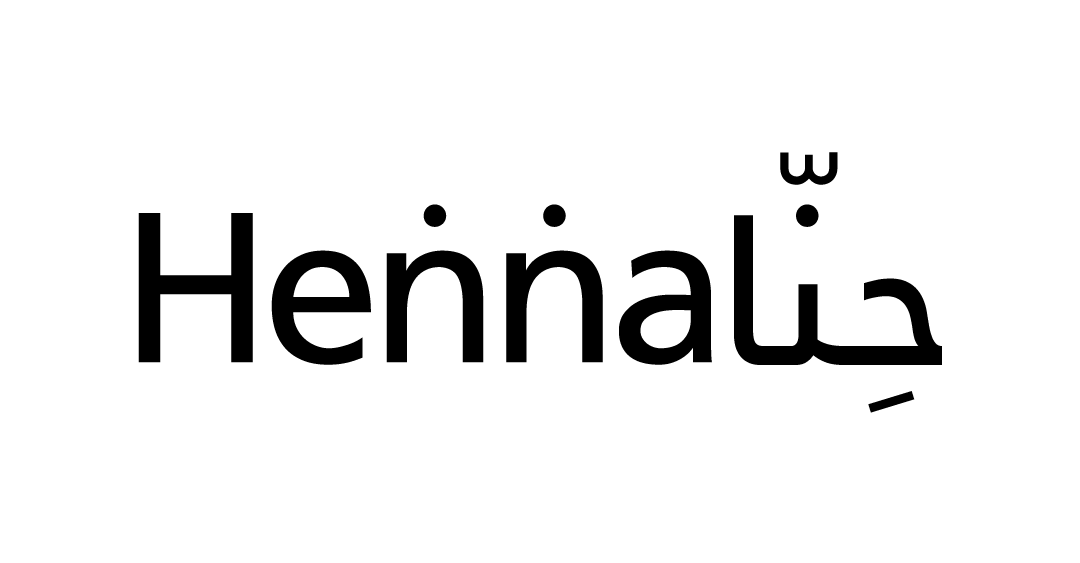
Benefiting from Democratic Spheres in Diaspora
Jamal Mansour
Palestinian Syrian, Political Science PhD candidate at University of Toronto.
It has been 10 years since the onset of the Great Syrian Revolution.
It started as peaceful, hopeful demonstrations by civilians exhorting the values of freedom and justice after decades of personalized, brutal dictatorship had stifled all spaces for free action and thought. It has now turned into a vicious cycle of unfettered brutality that swept away the entire Syrian people. We, Syrians, lived in captivity under the Assad regime; it is as if we were languishing in one great Palmyra prison, in a country-cum-gulag where our gaoler mundanely and repeatedly mistreated, brutalized, and abused us. We never felt like citizens, but like chattel—wholly dependent on the whims and interests of our venal and unscrupulous “leaders.” We took to the streets to congregate, because we were unable to freely associate, openly discuss and debate, or to partake in politics. There was no ‘politics’ to speak of, in Assad’s Syria. Instead, there was a Political Security Branch of the Intelligence Services, designed to snuff out (and stamp out) any miniscule manifestation of free thinking or individual or collective action!
When our awakening came, it was sudden and unplanned. It came as a shock, not only to our captors, but to us as well. Until that moment on March 15, 2011 when we rose, we had never dared to think the hitherto unthinkable: that we were free individuals, with free agency and free will, capable of taking our destinies into our own hands. We soon realized that we, in fact, were affirming not only our sovereignty over ourselves—but also of our own belonging, in word and deed, to the larger body of humanity and its essential universal quest for freedom and dignity. From the earliest days of our Revolution, we actively extended our hand to the world outside of our “Terrible Country” (as the title of the 2014 documentary film describes Syria under Assad’s rule), in search for solidarity, for positive succour, for meaningful connections. We assumed that, as soon as we started to take our country back from such a heinous regime, that we would find the world’s hands extended to help us change our country—from within our country, by our hands, and for our and our country’s sake. But that solidarity never materialized. We were left to our own devices, vulnerable and completely exposed facing a brutal, well-oiled, and trigger-happy coercive machine.
We are right to feel angry, to feel betrayed. We never were viewed as equal human beings, but our supposed allies viewed as as one of two types of ‘subjects.’ Either as Huntingtonian-Clash-of-Civilization essentialized masses of pre-modern, otherized, menacing ‘tribes.’ If left to our own choices, we would disturb the progress of modernity, and bring back to life the worst phantoms of the dark ages—those of religious conflicts and the jihad of world domination proportions. Or, alternatively, as masses of purely economically driven migrants. We became the fodder of our host societies’ own internal struggles, viewed either as net-recipients of these host societies’ magnanimity and humanitarian assistance, for which we ought to meekly and thankfully open our hands and ruefully blend in without manifesting our own cultural distinction and possibly disturbing the peace. Or as net-threats to these host societies: dark, malevolent, essentialized, alien, and constantly-suspect tumescence in need of excision. This is precisely the same view that is now responsible for the current plight of Syrian refugees in Denmark, for one example, some of whom had their residence permits revoked upon the flimsy premise that it was safe for them to go back to Syria. They are now facing the threat of deportation to the same Syria in which the same secret services that terrorized them await them with open arms to reincarcerate and, possibly, disappear them!
It is quite understandable that Syrians are worldweary, given this sense of abandonment and disillusionment. They also have barely started to find their bearings in their new countries—learning languages, adjusting to new settings and cultural norms, learning and educating themselves and their children, finding jobs and reigniting careers interrupted by their odyssey of forced migration. This combination, added to a lengthy history of trauma, atomization and fear of everyone and everything under a pervasive police state in Syria, makes self-confidence, trust and, consequently, collective action, very taxing and quite difficult to attain. Trust, in particular, is the bedrock of all collective action—of which public involvement, especially in politics, is one of the most significant activities.
Yet, I argue, that it is precisely this historical trauma and this disappointment thus far that ought to push us even further towards a meaningful engagement with public issues and politics. We need to never again allow ourselves to be marginalized, excluded, atomized, and singled out. We have a wealth of potential in our new adopted countries: we have laws, norms, traditions—and more significantly, spaces, and free communication tools. We have the right to congregate, debate, formulate and disseminate ideas, free from the draconian whims of brutal regimes.
We also have the interest: not only of integrating into our new societies and fending off xenophobia directed towards us; but of helping our beloved Syria, putting to good use our presence and activism in our new countries. We can help by voicing the issues, lobbying for laws and policies, applying pressure for action when human rights are violated or endangered. We Syrians living abroad do not have the luxury of complacency. We have an obligation to ourselves—but more so to our beloved, tragically torn country, to act, to be involved, to try our best to mobilize our individual talents and resilience into meaningful action. It is our destiny.




